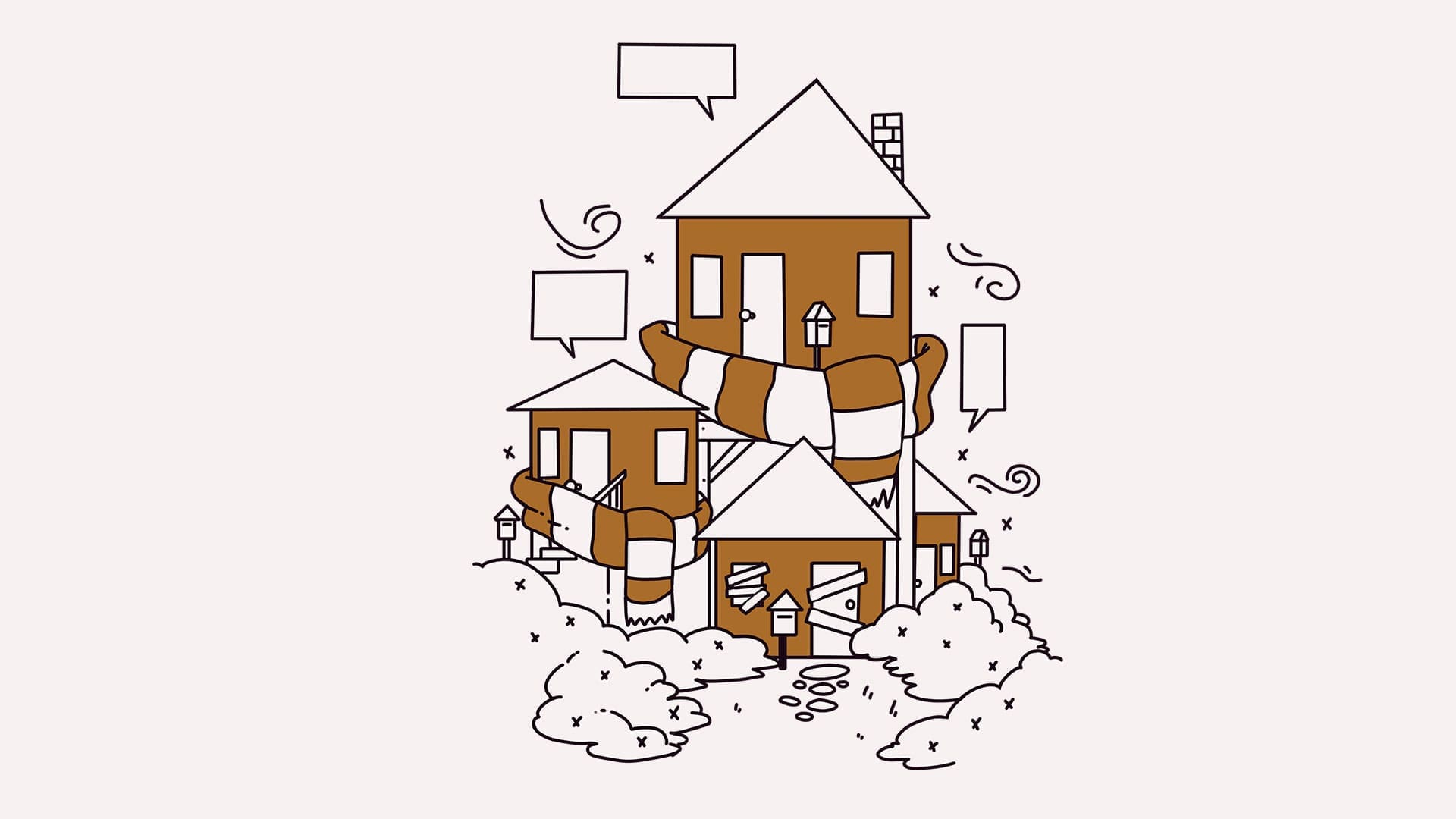Talking Homes: The Future of Renting in New Zealand
As winter bites, many tenants across New Zealand will now see some benefit from the introduction of the Healthy Homes standards. Few will protest the necessity of the Healthy Homes standards; the implementation of the standards, however, has been far from perfect.
Issues around the heating standards have plagued its implementation, especially for homes built to the 2008 building code requirements. This will be of huge frustration for landlords who have had to install top-up heaters under the old standards in many new builds.
As frustrating as it has been to deal with the moving target for the Healthy Homes standards, change was necessary. The quality of much of the rental stock in New Zealand is not where it needs to be. In provincial New Zealand, many towns have aged housing stock, requiring more investment.
Typically, much of the older housing stock is used as rental accommodation. Housing depreciates, and a common mistake many investors make is that they fail to budget for future renovations. There will be standard repairs and maintenance that a landlord should budget for.
We studied our rent roll to see what landlords were spending on maintenance annually, and the sum was approximately $1,500 per annum. Plumbing, electrical, and general maintenance were the most common expenses. What landlords should also budget for is capital expenditure.
Although we’re seeing a slowdown in the housing market, many landlords would have benefited from increased capital gains, especially over the last two years. REINZ (Real Estate Institute of New Zealand) statistics show that the median house price for April 2022 was $875,000. Two years prior, just as the pandemic kicked in, the median price was $680,000. This tells us that many investors will have plenty of equity to play with. Although tax rules will hurt investors regarding interest deductibility against rental income, a prudent investor will look at using some of these gains to reinvest back into their portfolios.
In doing so, they should look into the future, and the requirements tenants will need. In a recent interview, New Zealand-born Professor of Engineering at the University of Cambridge, Michael Kelly, referred to New Zealand as having a ‘Goldilocks Climate’ as we are either too hot or too cold. This can explain why housing and renting is such a pulverizing topic. We (too) often see headlines about tenants being exploited and living in squalor conditions.
Anyone looking to renovate their portfolio must now look at the changing environmental climate, both natural and political when they weigh up what to invest in. New Zealand has committed to being net carbon zero by 2050. If we are to come close to achieving this target, everyone will be affected, and our lifestyles will change dramatically. As approximately one-third of the population rent, landlords must ensure that their rental properties reduce their carbon footprint. This is where the concept of talking houses comes into play.
Significant investment in smart home devices will be required to measure a property’s performance. Technology already exists that can do this. Brandon van Blerk, the CEO and founder of prop-tech company Tether, has invented a device that tracks the property’s performance, measuring temperature and C02 emissions. Landlords and tenants can be informed when there is an issue at the property, such as rising moisture content identifying a leak. More intelligent and innovative technology will have to become mainstream in our rental stock, ensuring that tenants can run their rental properties with low emissions whilst remaining safe, warm, and dry.
If you are considering renovating your rental property, look to the future demands. Expect to see a Rental Warrant of Fitness introduced and Energy Performance Certification becoming standard on all rental properties as this will grade the energy efficiency of your investment.
David Faulkner is the General Manager of Property Management at Property Brokers.
Renovations
Renovations that improve a home’s value
Property Investment
A comprehensive guide for property owners and investors
Property Management
Avoid risky tenants and maximise your portfolio
Renovations
Renovations to maximise your rental return





